Photo by Tima Miroshnichenko from Pexels
Headaches are one of the most common ailments that we treat. But the difference in Western Medicine and Traditional Chinese Medicine is that we address it from a completely different and individualized approach, as no two headaches are alike. Acupuncture and TCM has been shown to be effective for various types of headaches, including tension headaches, migraines, and cluster headaches. This article explores how acupuncture can help alleviate different kinds of headaches and improve overall well-being.
UNDERSTANDING HEADACHES IN TCM
In TCM, headaches are viewed as a disruption in the balance of Qi (vital energy) and Blood, Yin and Yang. Different types of headaches are associated with distinct patterns of disharmony:
Tension Headaches
Tension headaches are characterized by a dull, aching pain and a feeling of tightness or pressure around the forehead or the back of the head and neck. In TCM, they are often linked to Qi (vital energy) Stagnation, Blood Deficiency and Liver Stagnation
Migraines
Migraines are intense, throbbing headaches often accompanied by nausea, vomiting, and sensitivity to light and sound. They can last from a few hours to several days. In TCM, migraines are typically related to:
Excessive heat and energy rising to the head.
Blockage in the flow of Blood, leading to pain.
Liver and Gallbladder: Imbalance in these organs affects the head.
Cluster Headaches
Cluster headaches are severe, unilateral headaches that occur in clusters or cycles, often around the same time each day. They are less common but extremely painful. TCM attributes cluster headaches to:
Qi and Blood Stagnation: Blocked energy and Blood causing intense pain.
Phlegm-Dampness Accumulation: Retention of fluids and mucus disrupting normal flow.
Heat in the Liver and Gallbladder: Excess heat causing severe pain.
HOW ACUPUNCTURE WORKS FOR HEADACHES
Mechanism of Action
Acupuncture points can help tremendously to alleviate all types of headaches by the following mechanisms:
Ensuring smooth circulation to prevent and relieve pain.
Restoring overall harmony in the body.
Decreasing inflammatory markers and promoting natural pain relief.
Modulating neurotransmitter levels to reduce stress and pain perception.
Eliminating trigger points through direct dry needling of the muscles in the neck and base of the head
Acupressure Points You Can Massage at Home for the Onset of Headaches
LI4 (Hegu): Located on the hand, it is known for relieving pain and tension.
GB20 (Fengchi): Found at the base of the skull, it alleviates headaches and neck pain.
Taiyang: Located on the temples, it is commonly used for migraine relief.
LR3 (Taichong): On the foot between the 1st and 2nd toes, it helps with liver-related imbalances causing headaches.
CLINICAL EVIDENCE
Research supports the efficacy of acupuncture in managing various types of headaches:
Tension Headaches: Studies have shown significant reductions in the frequency and intensity of tension headaches in patients receiving acupuncture.
Migraines: Clinical trials indicate that acupuncture can reduce the frequency and severity of migraines, often outperforming standard treatments.
Cluster Headaches: Although less studied, acupuncture has shown promise in alleviating the pain and reducing the frequency of cluster headaches.
COMPLEMENTARY TCM THERAPIES
In addition to acupuncture, other TCM therapies can further support headache management:
Herbal Medicine: Custom herbal formulas tailored to address specific patterns of disharmony.
Dietary Therapy: Nutritional guidance to support overall health and balance.
Qi Gong and Tai Chi: Gentle exercises that promote relaxation, circulation, and overall well-being.
Dr. Alex, who works in our office, is taking new patients for Chinese Herbal consults and treatments. Please reach out to our office if you’d like an appointment with him.
If you suffer from headaches and are seeking a natural method to find relief, consider consulting a qualified TCM practitioner or Licensed Acupuncturist (L.Ac) to explore how acupuncture can support your health and well-being.

